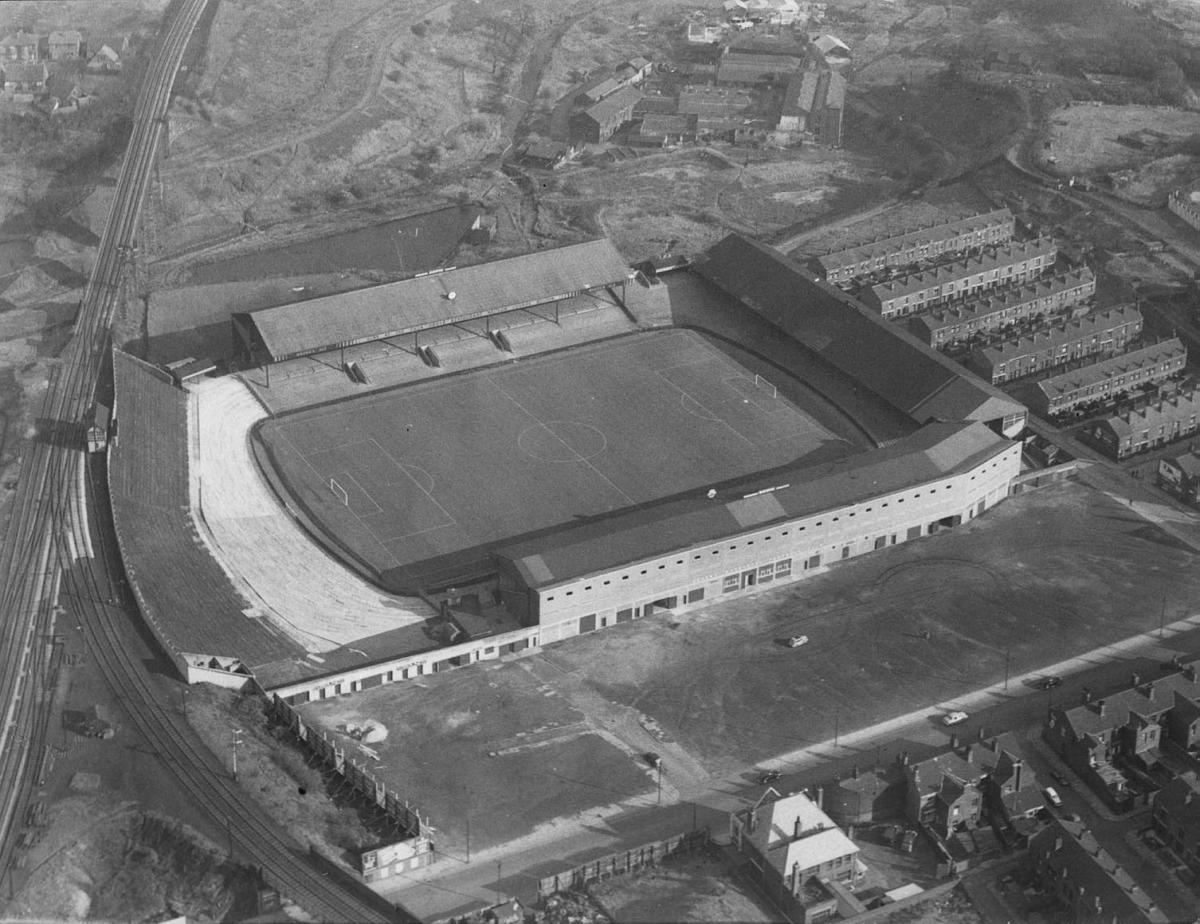On this day, 75 years ago, the whole town of Bolton fell silent to mourn the tragic deaths of 33 Bolton Wanderers supporters.
March 9, 1946, is a day in the history of Bolton Wanderers Football Club that will never be forgotten.
Just six months after World War Two came to an end, Wanderers hosted Stoke City in an FA Cup quarter-final second-leg tie at Burnden Park.
Day to day life was beginning to return following the global conflict and competitive football had finally come back to the home of Bolton Wanderers just two months earlier for the first time since September 1939.
Naturally, families from all over the North West were keen to observe this exciting tie after Ray Westwood had given Wanderers a 2-0 win at Stoke’s Victoria Ground in the first-leg.
With the exciting and unique talent of Sir Stanley Matthews featuring for the Potters, it was inevitable that a large crowd would descend on Burnden Park.
On the day, over 85,000 spectators were estimated to be in attendance, which was 15,000 over capacity.
With the Railway End evidently filling up to its limit, a decision was made to close the turnstiles at the embankment at 2:40pm. This didn’t prevent supporters from accessing the ground, however, with many deciding to clamber over barriers.
The sudden swell of people caused the terrace barriers to collapse which resulted in the crowd surging forward and crushing to death 33 fans with many more sustaining life changing injuries.
The disaster led to the Moelwyn Hughes report, which recommended more rigorous control of crowd sizes.
A conference on the licensing and regulation of sports grounds was also held where it was recommended that, as a voluntary code, local authorities should inspect grounds with a capacity of 10,000 spectators and agreed safely limits should be in place for grounds of more than 25,000 capacity.
Turnstiles should mechanically record spectator numbers and grounds should have internal telephone systems.
Bolton Wanderers Football Club is one of a handful of clubs that stand together in the history of tragedies of this kind. Each disaster must never be forgotten and the people that lost their lives must hold a special place in our memory.
Our Book of Remembrance is open at the front of the University of Bolton Stadium where the names of those who died are listed.
Tonight, as we host Cambridge United at the University of Bolton Stadium, we will mark the 75th Anniversary of the Burnden Park Disaster with players laying wreaths, a minute’s silence will be observed before kick off with players from both teams wearing black armbands in remembrance of the 33.
Flags will be flown at half mast, a special flag provided by the Bolton Wanderers Remembrance Group will be displayed in the stands and a video will be broadcast with club chaplain Phil Mason retelling how the day unfolded with the names of the 33 being read out by our manager Ian Evatt and the players, ending with a prayer as we remember.
We shall never forget them.
Wilfred Addison
Wilfred Allison
Fred Battersby
James Battersby
Robert Bentham
Harry Ratcliffe Birtwistle
Henry Bimson
John Thomas Blackshaw
William Braidwood
Frederick Campbell
Fred Price Dearden
William Evans
Winston Finch
John Flinders
Albert Edward Hanrahan
Emily Hodgkinson
William Hughes
Frank Jubb
John Livesey
John Thomas Lucas
Harold McAndrew
William McKenzie
Morgan Mooney
Harry Unsworth Needham
David Pearson
Joseph Platt
Sidney Potter
Granville Roberts
Richard Roby
Thomas Roby
Thomas Smith
Walter Wilmott
James Wilson

